Ok, I played with it and it seems like the recognition only works in the "Notes" app. It doesn't work as a general text input for applications.
It works pretty well, though. You select the text with the pen by circling it, and then you can copy it to the clipboard or replace the drawing with the actual text.
Battery life is good, I use it with the wifi off and only had to charge it once, and I read a full book on it.
I haven't played with the handwriting recognition yet, let me take a look and I'll report back.
I bought a Mobiscribe recently, for the same reasons. It's an eReader with an eink display, but it's an Android tablet. I installed F-Droid, and then NextCloud (to access my ebooks) and Librera Reader. I also use it for listening to podcasts (via Bluetooth, since it's an Android tablet) and taking notes with the stylus.
This is amazing advice! Saving it for when I have a kid.
Staying true to the centuries-old library concept, only one patron at a time can rent a digital copy of a physical book for a limited period.
So sad that we solved the problem of knowledge scarcity, and because of greed we need to add it back artificially.
I thought the same. Definitely the same vibe.
There's was a scanner app that I loved, for Android. Turned into a subscription, even though most people use it less than once a month and even though the app was basically complete and never got updates.
Inflammable means flammable? What a country!
Ah, I didn't know that.
Because wait staff can be (and are) paid less than minimum wage due to the tips.
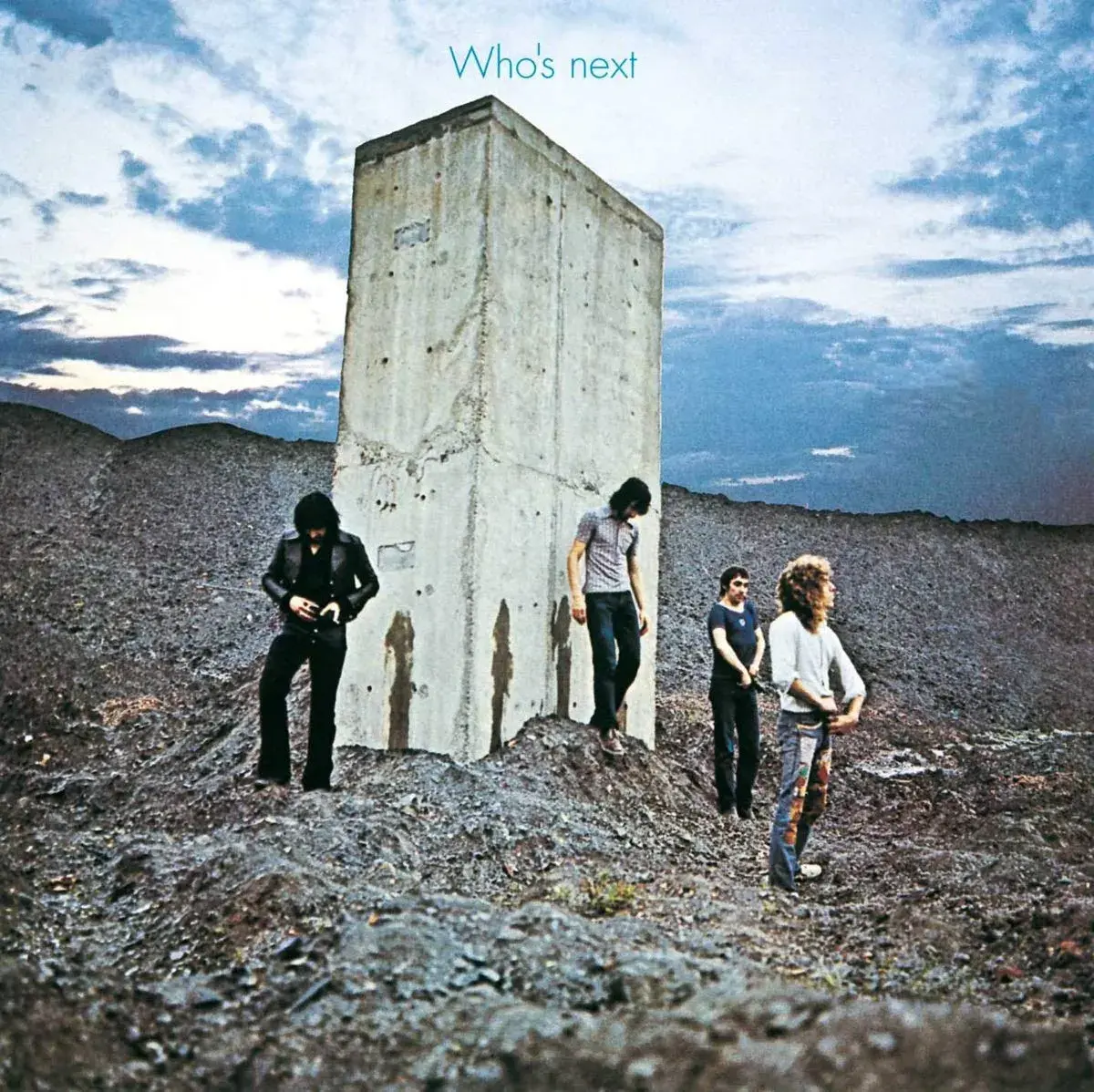
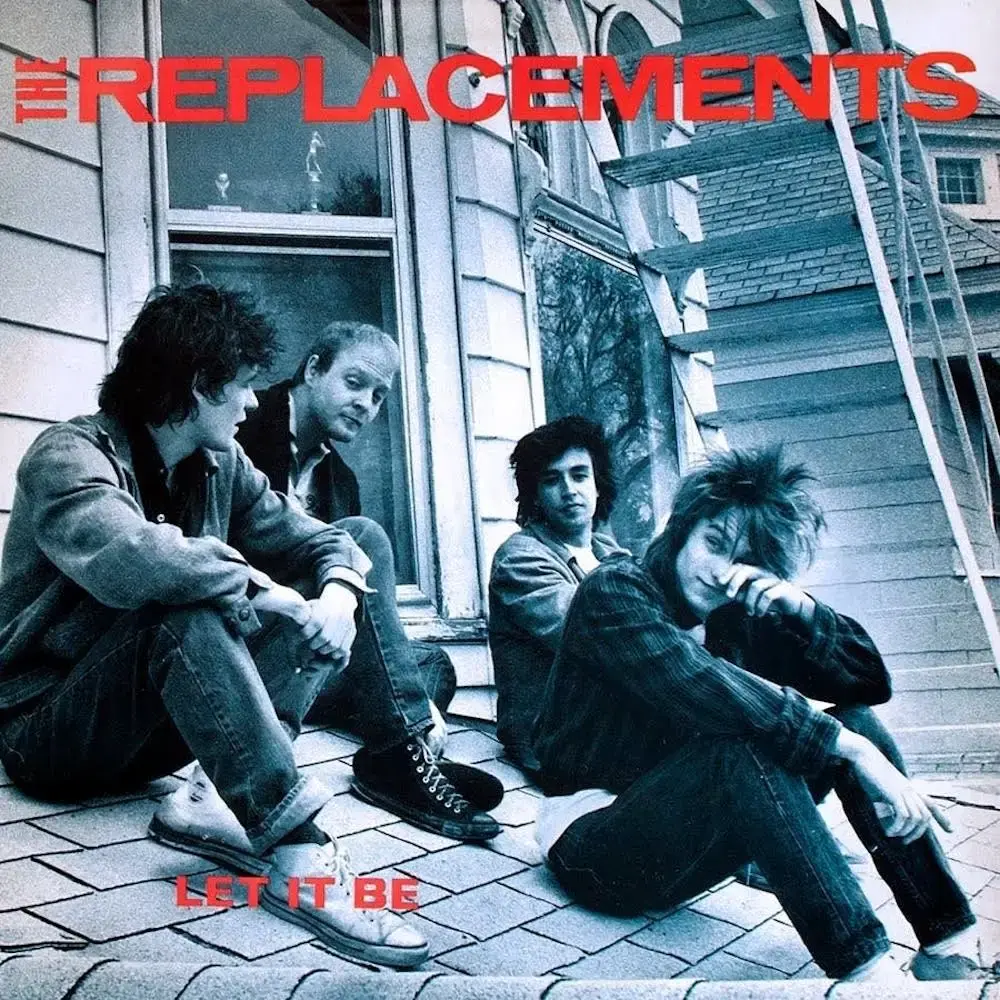
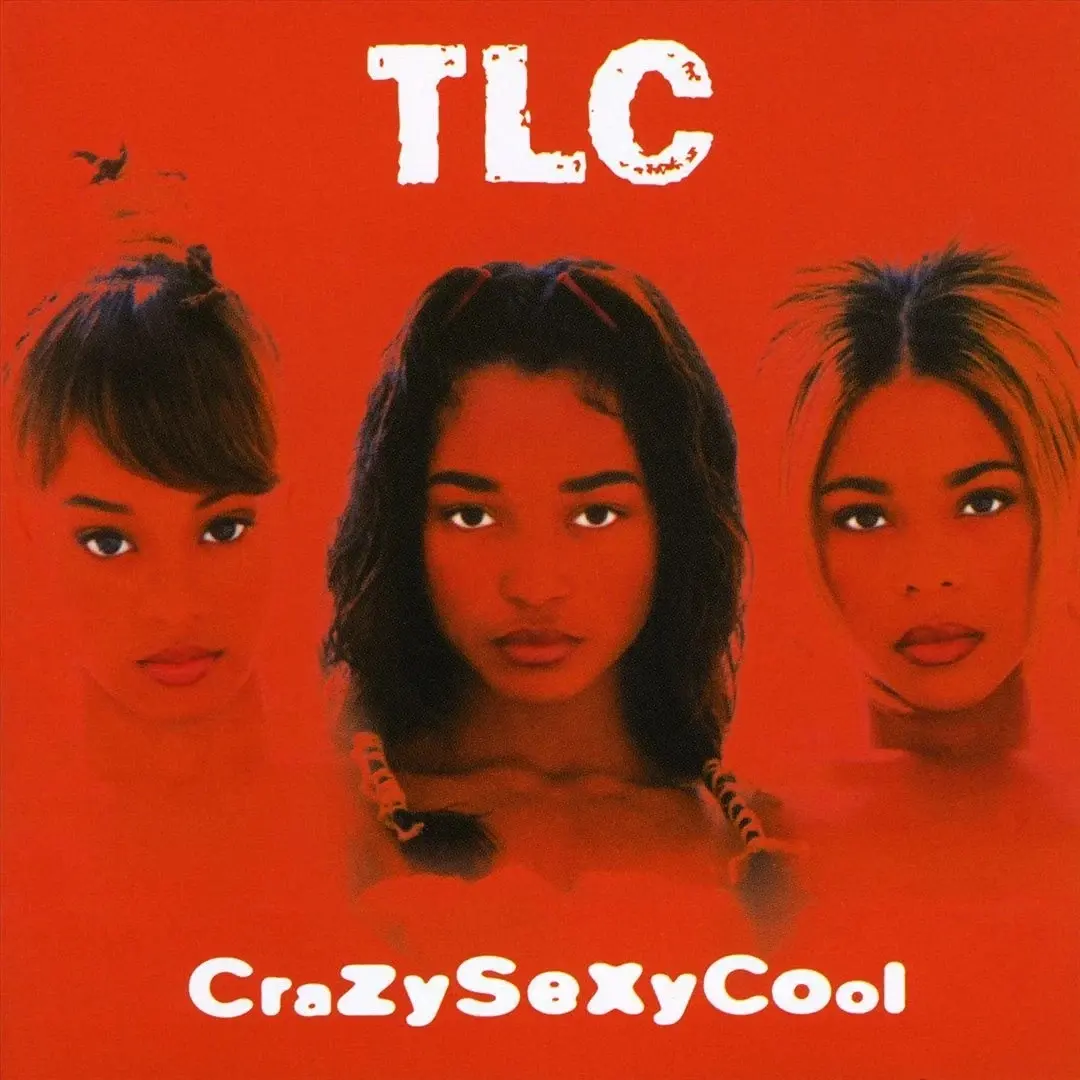
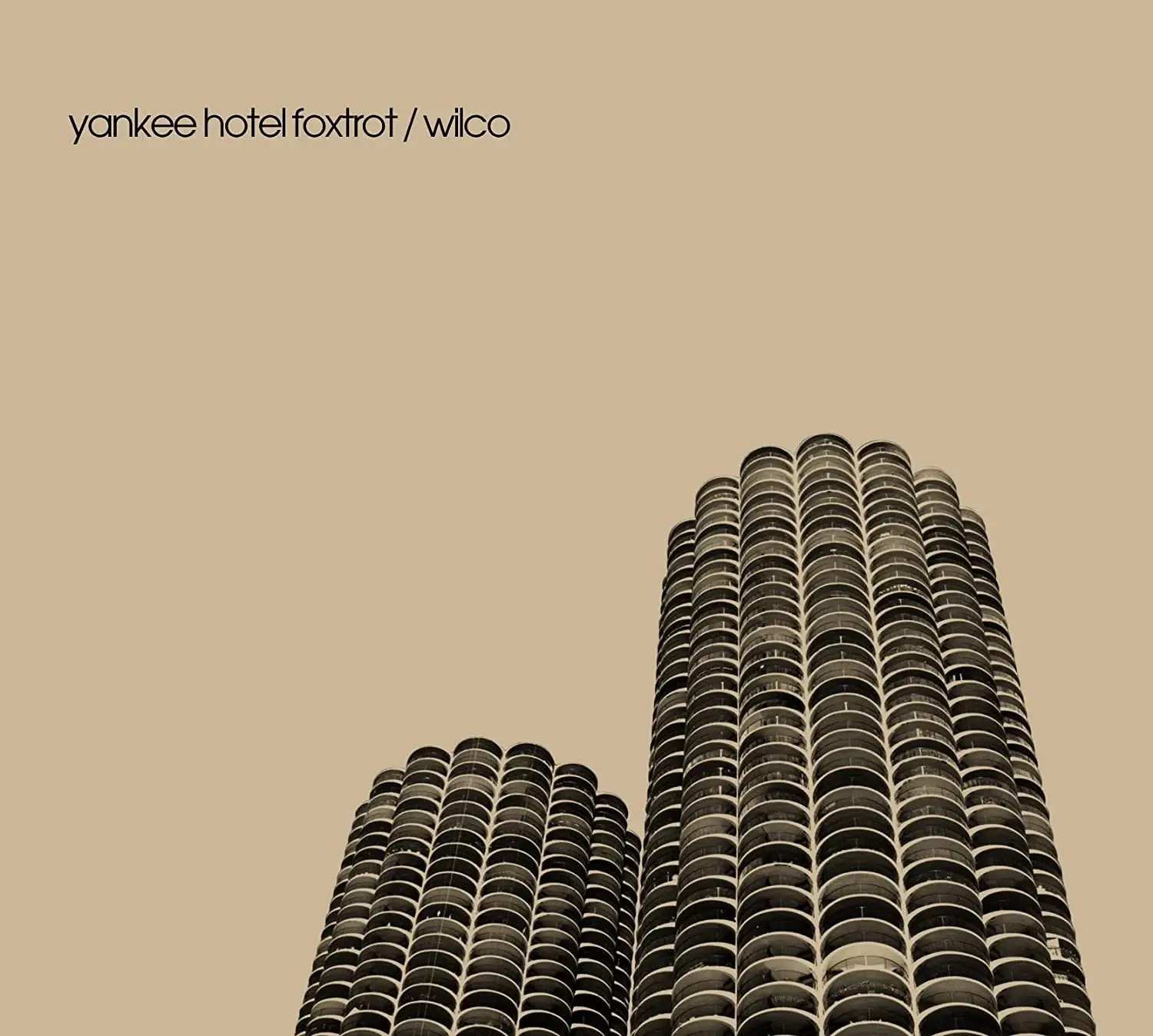
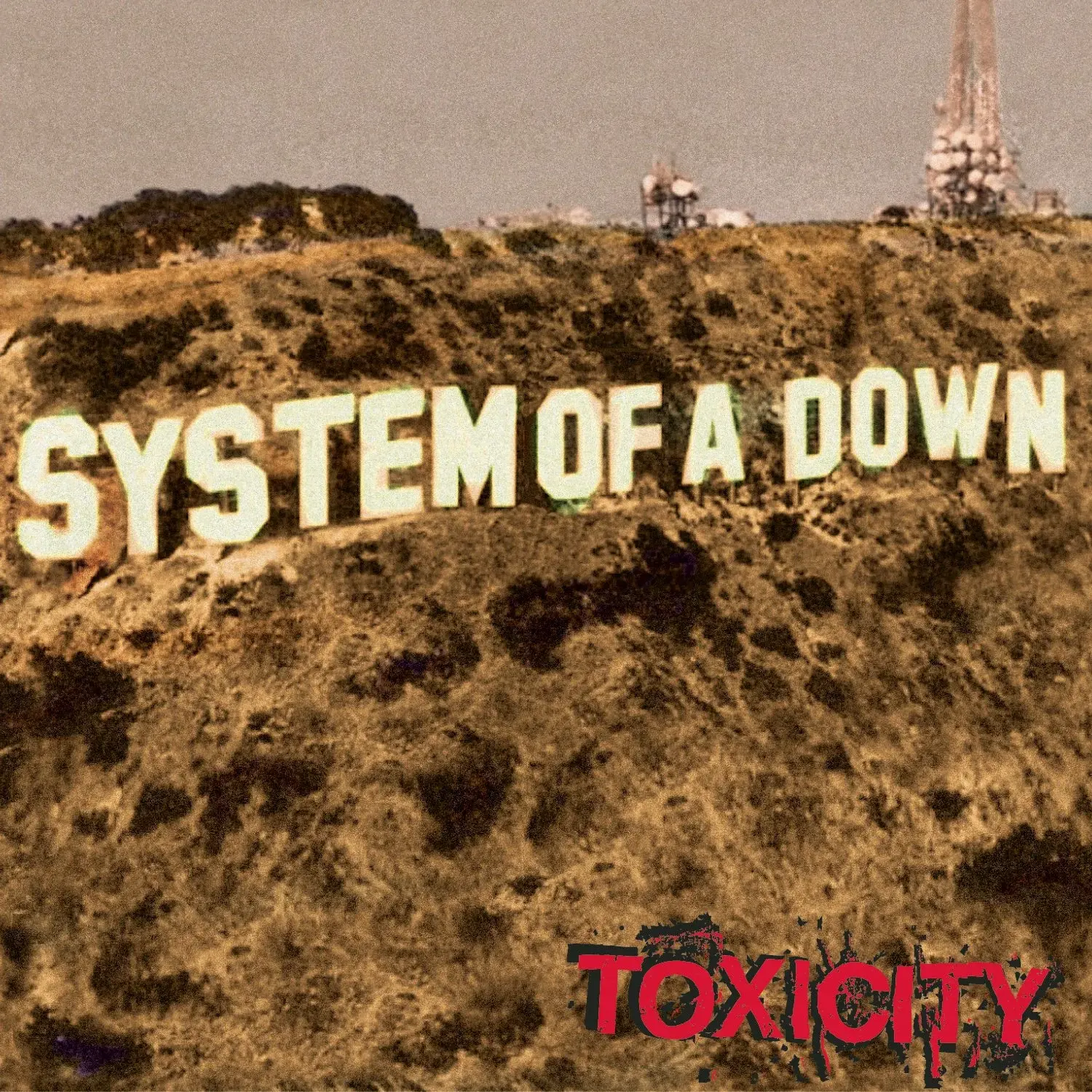
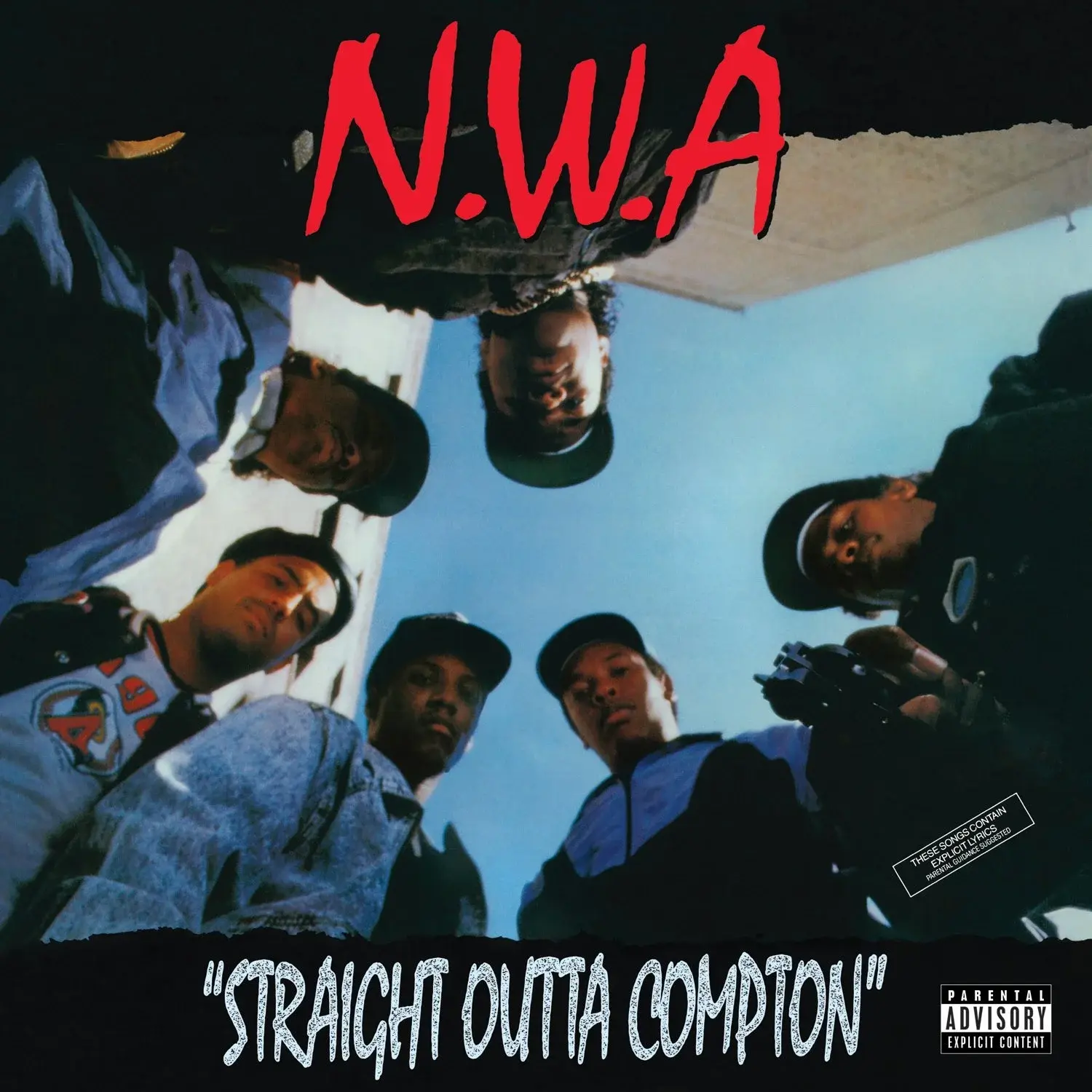
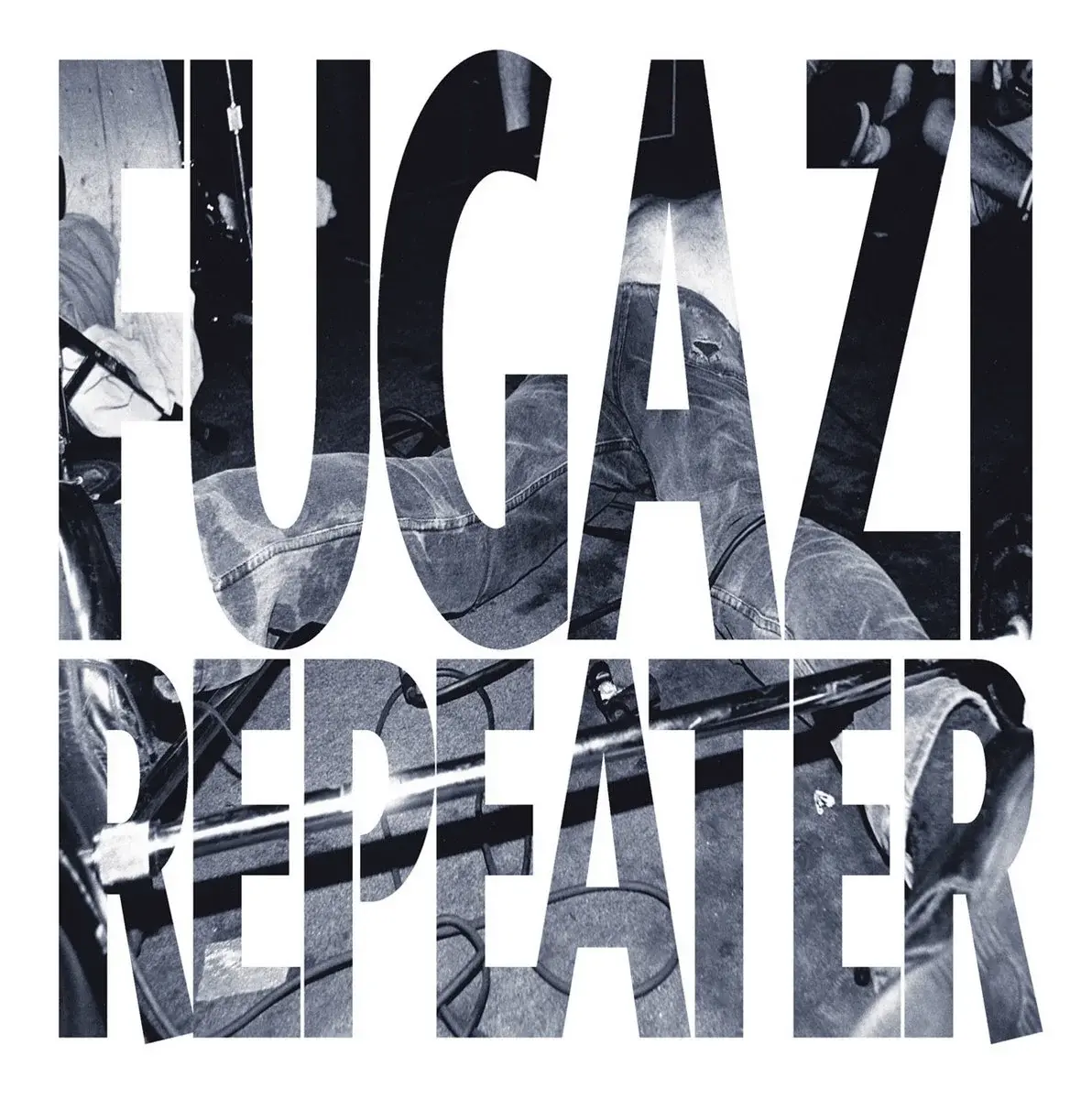
Steal $50 from your employer and you'll to jail. Employer steals trillions and nothing happens.